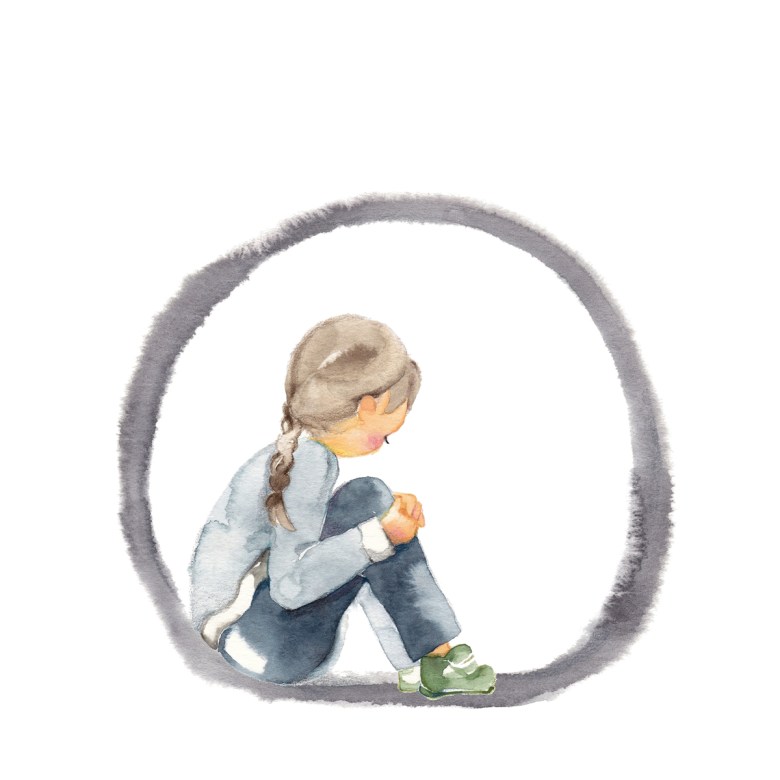Jasmine is walking home from school with her mother. She carries her backpack and is holding her mother’s hand. Jasmine’s eyes seem to be on her shoes. She is happy to be with her mother and her mother is happy to be with her. As they walk, another girl her age runs by and says, “Bye Jasmine”.
Her mother stops and asks, “Did you say goodbye?.” Jasmine nods, her mother is not sure, this is not the first time she has noticed Jasmine ignore the greetings of other girls on the way home from school. She knows her daughter likes her friends. At that moment, Jasmine says, “Sometimes, I don’t know what to say.” As they continue talking, her mother learns that Jasmine finds it hard to ask friends to play and is often worried about saying the wrong thing or “upsetting them.”
The moment above, describes how the symptoms that are associated with autism may look in girls.
Confused? On the surface, Jasmine’s social interaction could be attributed to shyness or a lack of confidence when socialising with other girls at school. Have a look at the following list of signs and symptoms of autism in girls:
• Frequently described as shy
• May be hesitant to express their ideas or rely on friends or others to speak on their behalf
• Has difficulty making friends
• Experience intense sensory reactions, such as resisting certain food textures or sensitivity, to certain temperatures
• Find it challenging to regulate emotions and feelings of anger or frustration
• Has special passions or interests.
On the surface, these symptoms do not seem connected to our traditional view of the challenges faced by individuals with autism. Parents, paediatricians, psychologists and educators may not consider autism when observing these symptoms in girls leading to mis-diagnosis. The ability of some girls to manage these difficulties through scripted speech, and by learning to imitate the actions of others, can further hinder their diagnosis and impact the quality of their lives.
Many girls may experience depression, anxiety, low self-esteem, health issues and a feeling they do not belong (Why Many Autistic Girls are Overlooked, Child Mind Institute, 2021). Girls with autism, are more vulnerable to bullying and being excluded by their peer group. It is important that they are supported to learn the skills necessary to navigate complex social situations and interpret the behaviour of others.
Australia is one of the few countries in the world to adopt a National Guideline for the Assessment and Diagnosis of Autism Spectrum Disorders (Autism CRC, 2018). Professionals working with these guidelines should understand the different ways that autism may influence girls and ensure that girls and their families have access to early intervention. Intervention that can support girls and her family in understanding neuro diversity and celebrating her difference.
For further information visit:www.yellowladybugs.com.au/
Dr Olivia Karaolis teaches at the University of Sydney Faculty of Education and Social Work. She was Adjunct Professor, Faculty of Early Childhood Education, Santa Monica College, California.

